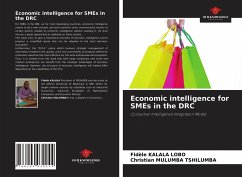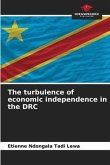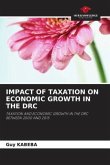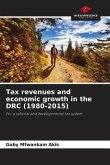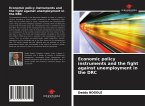For SMEs in the DRC, as for most developing countries, economic intelligence seems to be a new concept, yet each economic actor unconsciously resorts to certain actions related to economic intelligence without realizing it. He thus misses a great opportunity to capitalize on these actions. This book aims to give a theoretical overview of business intelligence and to propose a simplified layout that can be adapted to the local business ecosystem. Furthermore, the "Q.P.A." policy which involves strategic management of information related to the quality, price and accessibility of products offered to customers would be the most effective for the local entrepreneurial ecosystem. Thus, it is evident from this book that both large companies and small and medium enterprises can benefit from the strategic advantages of business intelligence. However, the structure of business intelligence will indeed differ depending on the capabilities of the firm.
Bitte wählen Sie Ihr Anliegen aus.
Rechnungen
Retourenschein anfordern
Bestellstatus
Storno

